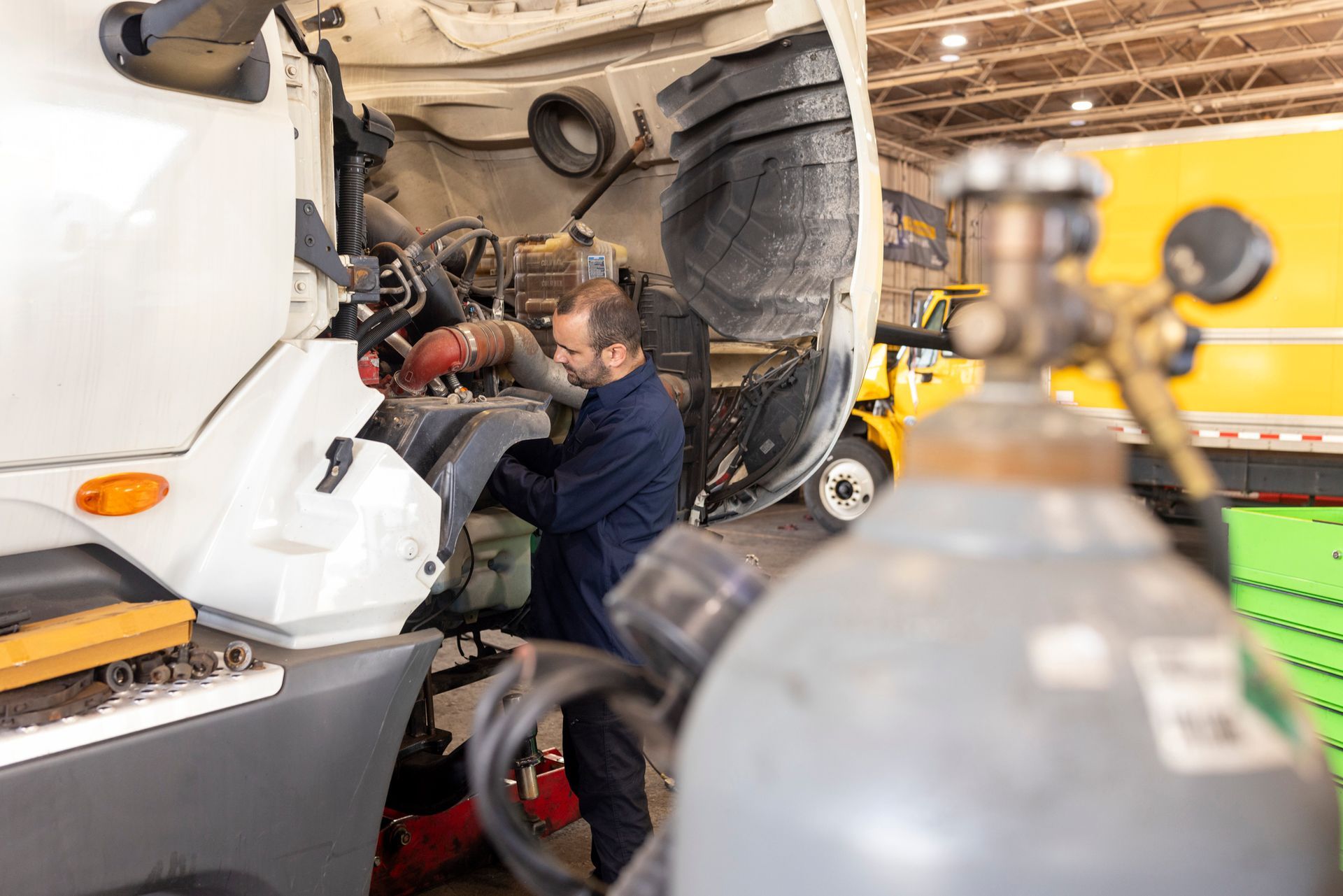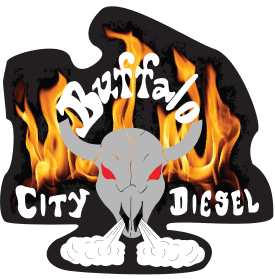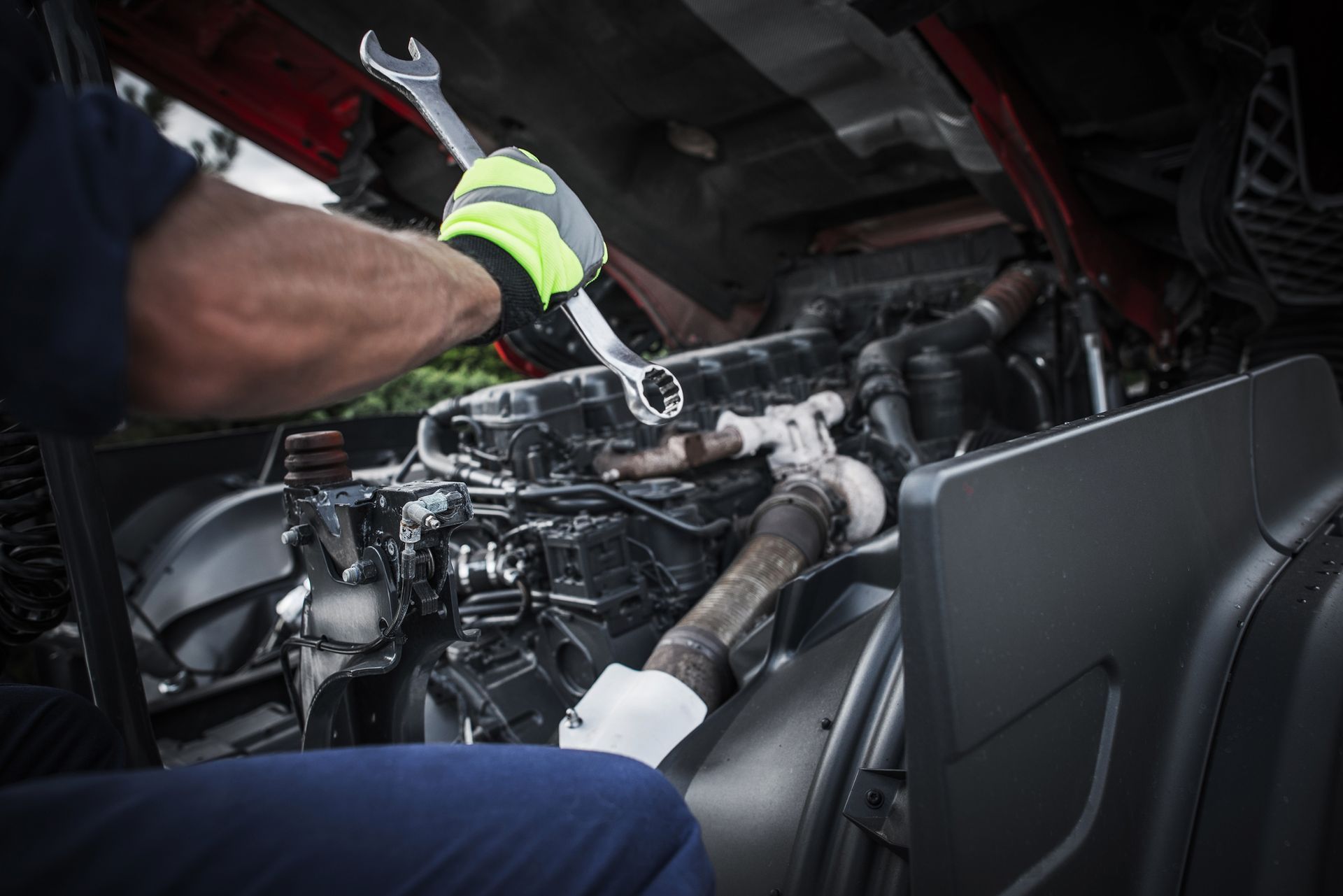Choosing the Right Truck Service Center in Jamestown, ND
When your livelihood depends on keeping rigs rolling, picking the right truck service center in Jamestown, ND, is more than a convenience—it’s a strategy to control downtime, protect equipment, and safeguard margins. Buffalo City Diesel knows that every hour a truck sits can ripple into missed deliveries, driver frustrations, and unexpected costs. The right partner helps you get ahead of issues with preventative maintenance, transparent recommendations, and efficient repairs, so you can focus on dispatch and deliveries. In this guide, you’ll find a practical framework to evaluate your options, whether you manage a mixed fleet or own a single hard‑working truck.
Evaluate Technician Experience and Certifications at a Truck Service Center
The expertise behind the wrench is the difference between a quick fix and a lasting solution. Before you book, ask how a shop trains, certifies, and supports its technicians.
A shop’s track record is made by its people. Qualified technicians bring structured diagnostic approaches, familiarity with OEM procedures, and the instincts that come from seeing many variations of the same problem. Look for proof points like ASE certifications, OEM coursework, and continuing education credits. Ask how often the team trains on new engine platforms, emissions systems, ADAS calibration, and evolving aftertreatment technology. Modern powertrains demand more than mechanical skill; they require fluency with software, fault-tree analysis, and data from telematics.
For owner-operators and fleet managers, real-world case truck service center experience matters. If you regularly handle reefer trailers, PTO hydraulics, or liftgate systems, confirm the team has hands-on experience with your specific equipment. Request examples of complex diagnostic wins, such as resolving intermittent DEF issues or sensor network faults that don’t throw straightforward codes. When a shop can explain both the “what” and the “why,” you’ll be more confident their repair will hold up beyond the first few hundred miles.
Diesel truck repair often intersects with electronics, emissions, and chassis systems. The best technicians are comfortable crossing those boundaries to find root causes, not just symptoms. Ask whether the shop mentors apprentices and how senior techs review and sign off on major jobs. That attention to process usually leads to fewer comebacks and more predictable timelines
What a Truck Service Center Should Offer
A well-chosen provider can be your single stop for maintenance and repairs. Make sure the scope of services lines up with your everyday reality.
When one location can handle routine service and complex repairs, you reduce handoffs, towing, and scheduling headaches. Confirm that the facility can support your frequent needs and the occasional curveball.
Essential categories to ask about include:
- Preventative maintenance: oil and filter service, DOT inspections, brake inspections, tire rotations and balancing, fluid analysis, and comprehensive digital inspections.
- Powertrain and driveline: engine diagnostics, aftertreatment service, turbocharger repairs, clutch and transmission work, differential service, and driveline balancing.
- Steering and suspension: alignments for heavy-duty trucks, spring and air-ride repairs, shocks, kingpin service, and bushing replacements.
- Electrical and electronic systems: battery/alternator diagnostics, harness repairs, lighting and trailer connections, sensor network troubleshooting, and ADAS calibrations where applicable.
- Cooling and HVAC: radiators, water pumps, charge air coolers, A/C service, and leak detection.
- Road-readiness extras: trailer brake systems, wheel-end service, and seasonal readiness checks for extreme temperatures.
If you manage multiple units, ask how the shop structures PM intervals and reminders. Can they integrate with your fleet maintenance platform or send service data you can analyze? The more visibility you have, the easier it is to forecast service windows, assign units, and avoid unscheduled downtime. A versatile truck service center also understands compliance—keeping general maintenance records clean and accessible for audits and DOT checks.
Check Equipment and Facility Quality
Tools and technology can accelerate accurate diagnoses and keep timelines tight. Take a look—or ask for a virtual tour—so you know what’s behind the service desk.
Modern trucks generate a wealth of data, but you need current diagnostic platforms to translate that information into action. Ask which software suites the shop uses and whether they have access to OEM-level resources for the brands you run. Up-to-date scan tools, reprogramming capabilities, and calibrated sensors aren’t luxuries; they’re the backbone of reliable troubleshooting.
Don’t overlook the basics: heavy-duty lifts or pits appropriate for your wheelbase and weight, alignment racks capable of handling your axle configuration, brake lathes, and specialty tooling for manufacturer-specific fasteners and procedures. Clean, organized bays aren’t about aesthetics—they signal a culture of process control that reduces mistakes. A truck service center that invests in digital inspection tools can document findings with photos and measurements, so you can greenlight work from anywhere without guesswork.
Facility throughput matters, too. How many bays are active? Are there dedicated PM lanes to move routine service quickly? Do they stock common parts—filters, belts, brake components, sensors—for your most common models? Strategic parts inventory can shave hours or days off a repair. For time-sensitive work, ask about cut-off times for same-day service and whether the shop offers after-hours drop-off and secure key handling.
Assess Customer Service and Communication
Clear, timely communication prevents small issues from becoming big problems. A shop that treats communication like a core service will earn your trust—and repeat business.
Start with the estimate process. You should receive a detailed breakdown of labor, parts, taxes, and any sublet work. Before the first wrench turns, the shop should align on a diagnosis plan, authorizations, and thresholds for additional approvals. Throughout the truck service center job, expect updates at logical checkpoints: initial inspection complete, parts ETA, reassembly milestones, and road test results.
When recommendations arise, ask to see the evidence. Strong shops share photos of worn brake linings, fluid test results, or out-of-spec alignment readings. This transparency helps you budget repairs and plan dispatch around them. It also guards against unnecessary work and fosters a collaborative relationship where you can ask questions without pressure.
Accessibility matters. Can you reach a service advisor directly? Do they offer text or email updates? How quickly do they answer the phone? If you’re coordinating across multiple units, responsiveness is as valuable as a wrench. For fleets, request a single point of contact who understands your routes, usage patterns, and risk tolerance. These small communication wins translate into smoother scheduling and fewer surprises.
Compare Pricing and Warranty Options
Rates draw attention, but long-term value is what protects your budget. Focus on total cost of ownership, warranty coverage, and repair quality.
Two truck service center shops might quote similar jobs with very different assumptions. Scrutinize what’s behind the numbers: OEM versus aftermarket parts, labor hours aligned with industry guides, and any environmental or shop fees. Ask for options when appropriate; sometimes an OEM part is worth the premium, while a reputable aftermarket component might be a smart cost-control choice.
Warranty clarity is essential. What is the parts-and-labor warranty period for repairs? Does it include nationwide coverage if you’re on the road? How are warranty claims handled—do you need pre-approval, and how fast can the shop process them? Documentation matters here, so confirm you’ll receive a clear invoice, part numbers, and unit mileage at service.
Also consider convenience services that influence total cost: shuttle options for drivers, secure parking, or coordination with towing and mobile assistance. Even if a facility doesn’t perform mobile diesel repair, it should be able to triage issues over the phone, help you decide whether to limp to the shop, and stage parts so your truck spends less time off the road.

Turnaround Time and Scheduling Strategy
Even stellar truck service center repairs lose their shine if your truck sits days longer than planned. Gauge how a shop schedules, prioritizes, and executes work.
Ask how jobs are queued. Do they prioritize downed units or safety-critical repairs first? What’s the typical lead time for a PM versus a complex aftertreatment issue? If you operate seasonally, can the shop pre-plan service campaigns during slower weeks to minimize disruption during peak? For recurring PMs, see whether they can set up standing appointments and reminders based on engine hours or mileage, so your team isn’t scrambling.
Transparency around parts ETA is also vital. A shop that communicates supplier options—local warehouse versus next-day freight—gives you choices. For larger fleets, discuss stocking agreements for the parts you burn through and whether the shop can hold critical inventory to shorten cycle time. Pair that with consistent digital inspections, and you’ll spot small issues before they snowball into big, schedule-busting repairs.
How Location and Access Impact Your Day
The best plan falls apart if drivers can’t get in and out safely and quickly. Visit or preview access routes, yard space, and parking.
Consider ingress and egress for your typical setups—day cabs, sleeper cabs, and tractors with trailers. Is there room to stage multiple units? Do they have after-hours drop boxes and secure parking if a driver arrives late? Proximity to major routes reduces deadhead miles, and a shop that understands local traffic patterns can help you avoid predictable bottlenecks.
If your routes are regional, ask about weekend availability or early-bird drop-offs. Small truck service center scheduling conveniences add up over a year of service intervals and inspections.
How to Pressure-Test a Shop Before You Commit
A small, low-risk test run can tell you a lot about fit. Start with a PM or inspection, then rate the experience.
When you book a basic service, pay attention to the touchpoints: Was scheduling easy? Did you get a clear estimate and timeline? Were inspection findings documented with photos? Did the final invoice match expectations? This first experience sets the tone. If you’re satisfied, escalate to a medium-complexity job, then decide whether to make the truck service center shop your first call for diesel repair and multi-unit PMs.
Don’t forget to compare notes across your network. Other operators can confirm whether a shop’s promises hold up under pressure—during winter cold snaps, for example, when batteries, fuel systems, and heaters all strain. Patterns in peer feedback are often more telling than any single review.
Contact Us Today for Your Truck Repair!
Choosing the right partner comes down to a clear playbook: skilled technicians, comprehensive services, modern equipment, proactive communication, fair pricing, and warranties that stand behind the work. Put those criteria to work and you’ll keep trucks reliable, safe, and earning. When you’re ready to put this checklist into practice with a trusted truck service center in Jamestown, ND, call Buffalo City Diesel at (701) 253-2844. Let’s align your maintenance plan, tame downtime, and keep your fleet on schedule with a team that treats every mile like it matters.








